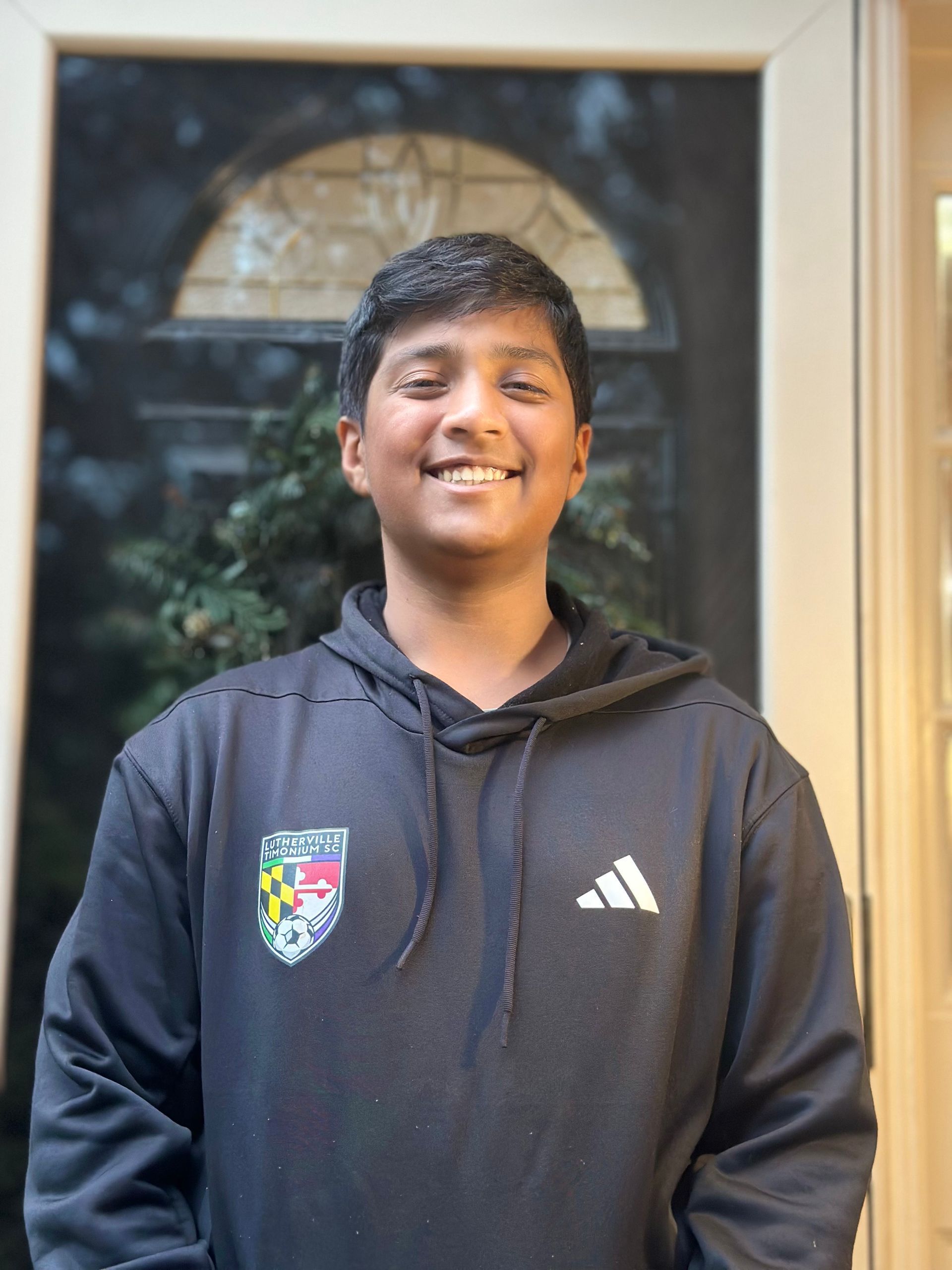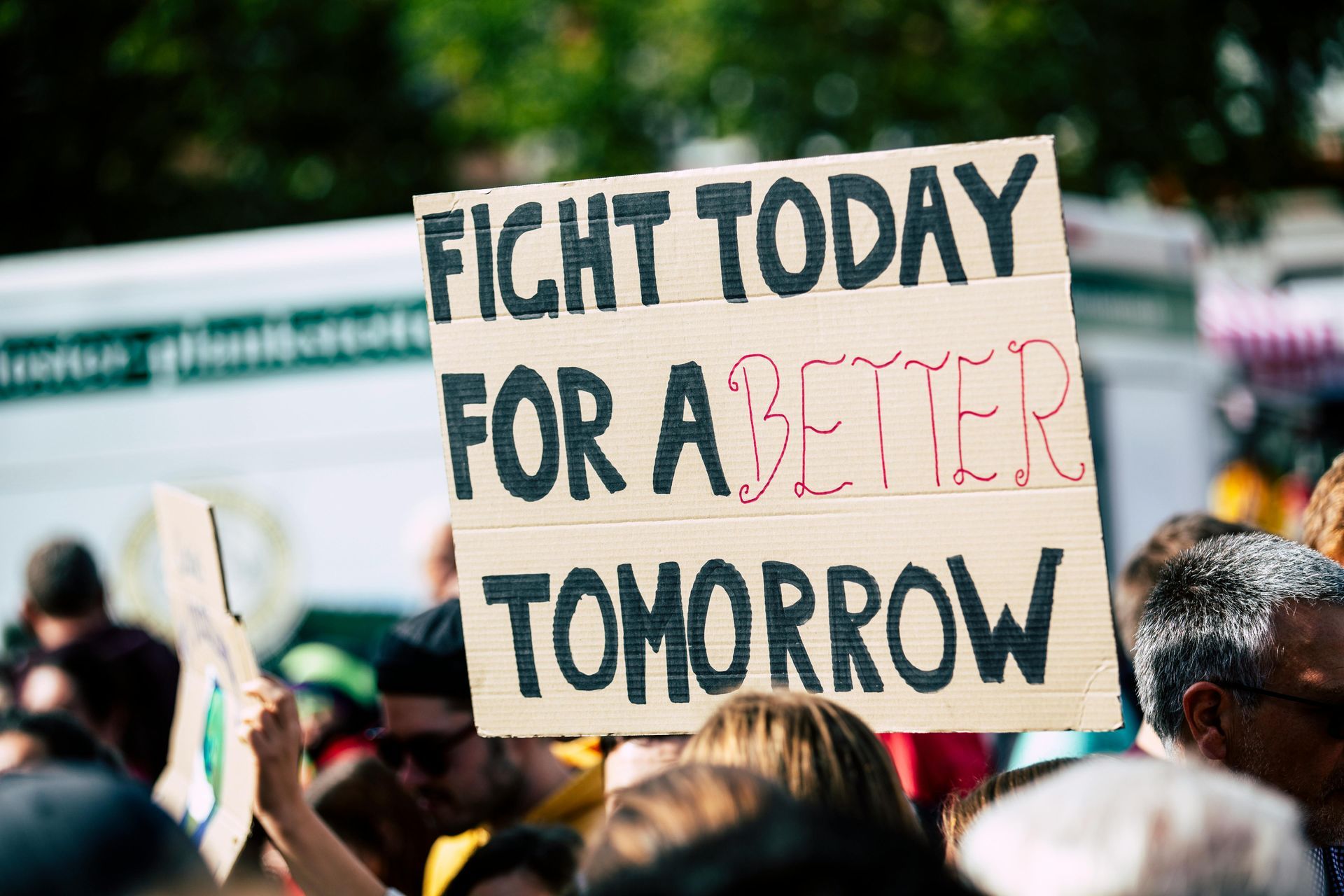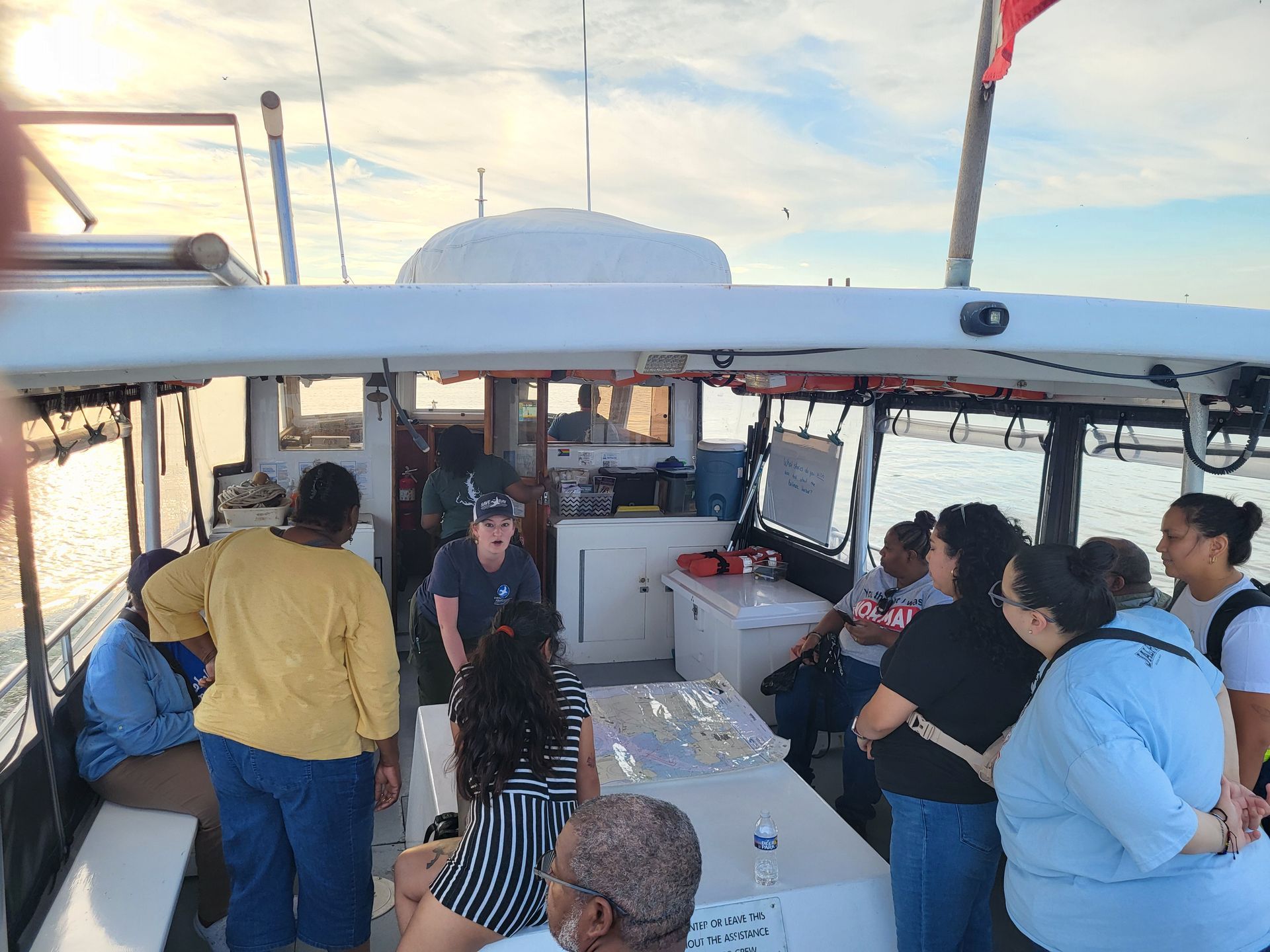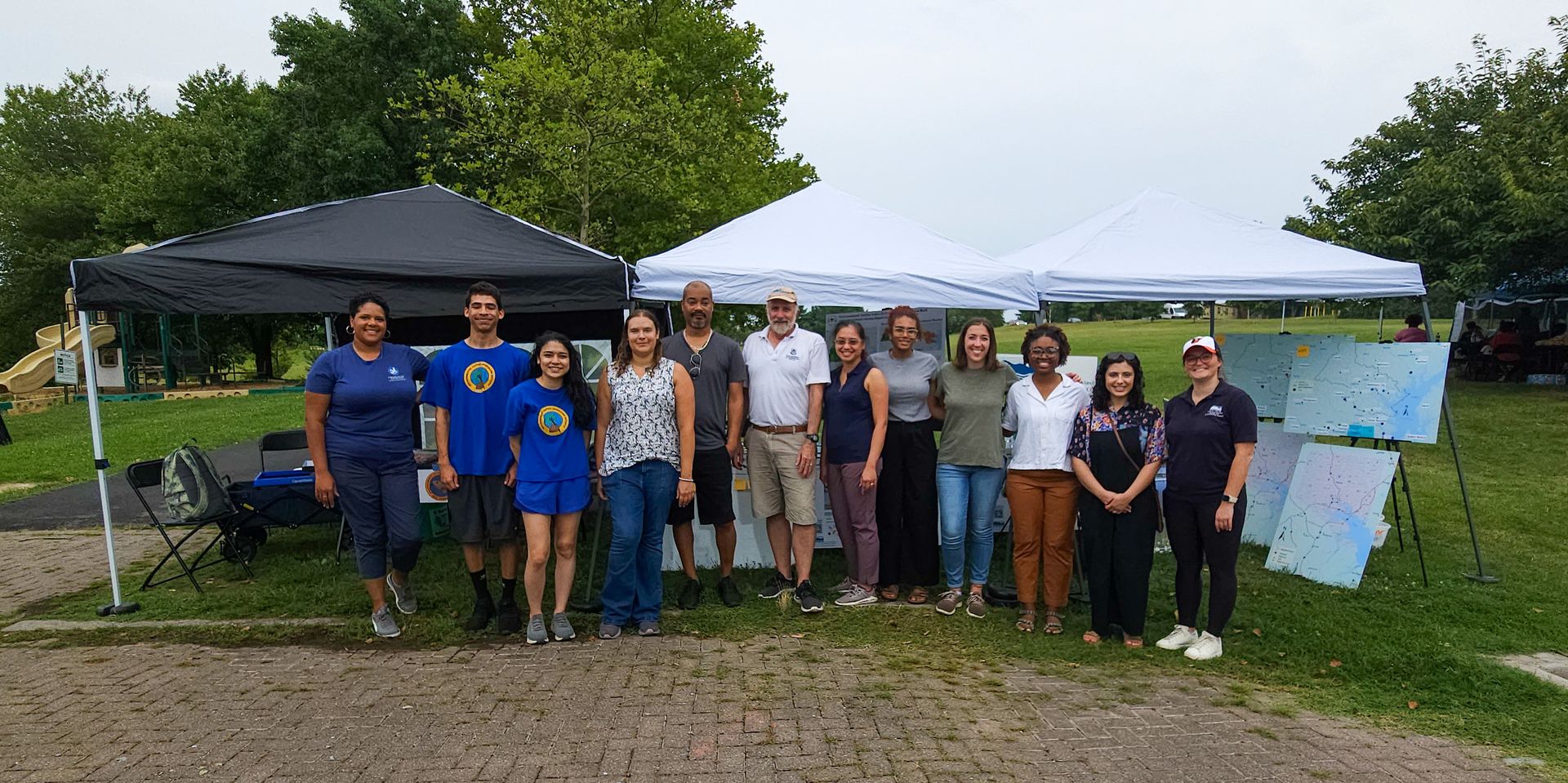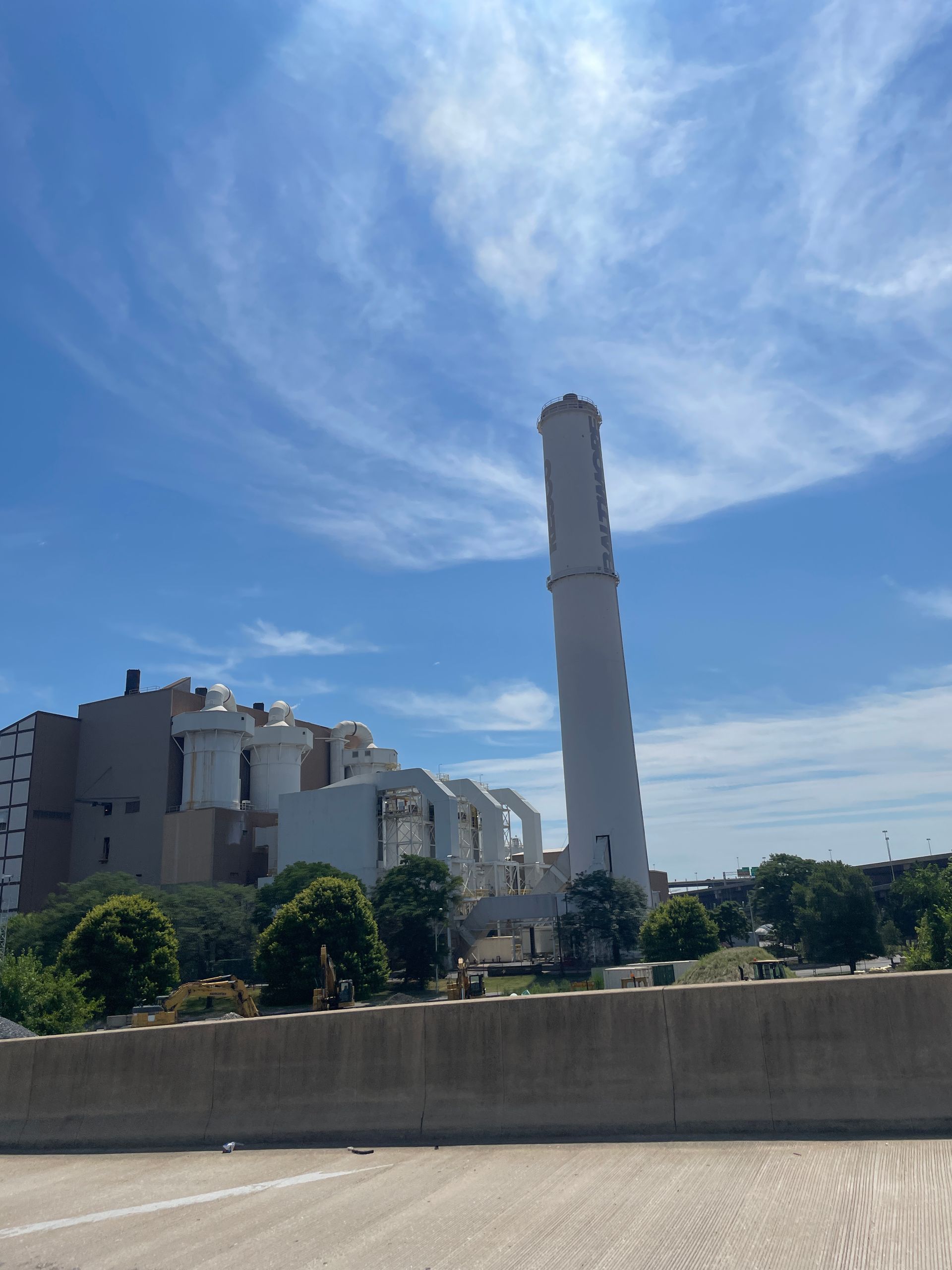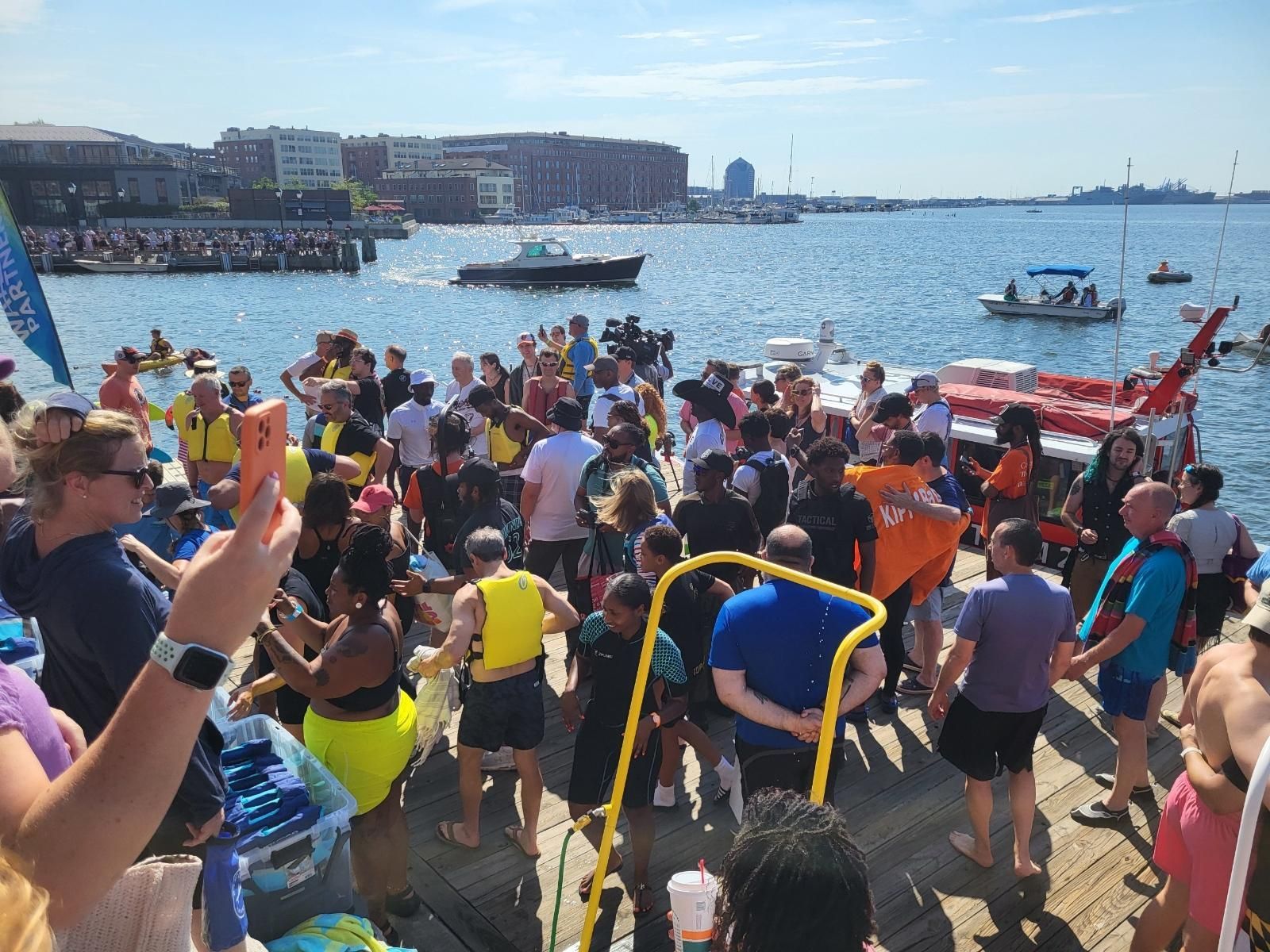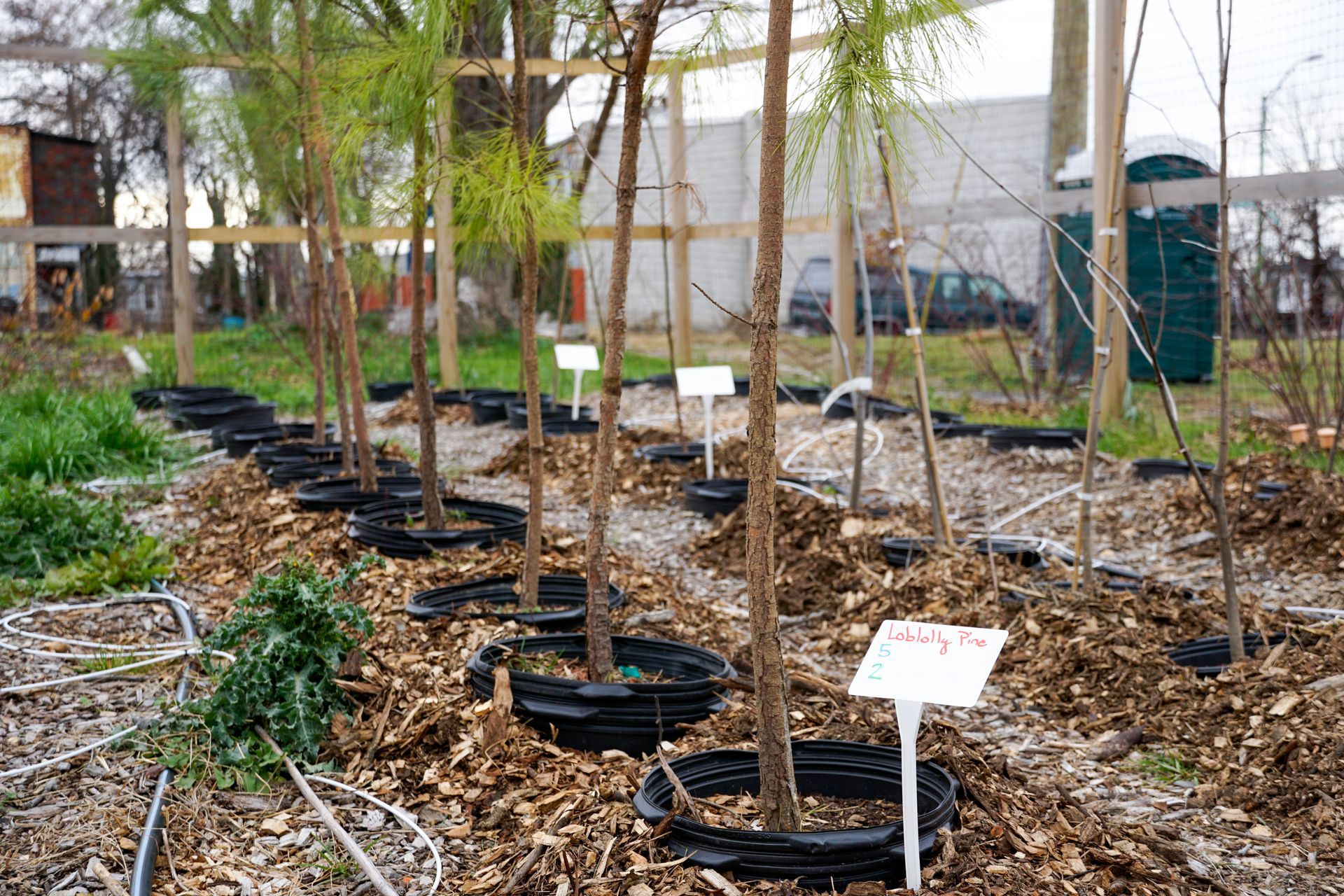NPCA: Remembering Rosenwald
Remembering Rosenwald
Written by EJJI co-founder Rona Kobell and originally published on NPCA.
Mostly, what Newell Quinton knew about his boyhood school was that he loved it.
The Sharptown Colored School community was an extended family to Quinton and his seven siblings. All of their teachers lived nearby in San Domingo, a Black enclave outside of Sharptown on Maryland’s Eastern Shore. On cold days, a potbellied stove heated the rooms. On warm ones, two ancient oaks offered shade in the front yard. In the back, a softball field provided a rare place in segregated Maryland for young Black boys and girls to slide into home plate. Light flowed in from two walls of windows, while large, rectangular chalkboards hung on the interior walls. The pine floors often glistened from recent coats of linseed oil.
Quinton’s parents had attended the school, too, and his grandparents had helped build it. So, after he retired from a career at the Department of Veterans Affairs in Baltimore and returned to his father’s farm in San Domingo to raise pigs and goats, he began to think about restoring the weathered building and turning it into a community center — a tribute to a place where Black children had thrived.
That’s when Quinton, 79, learned his beloved alma mater was a historic Rosenwald school, one of almost 5,000 built between 1912 and 1932 across 15 Southern states. The undertaking was a partnership between Black scholar Booker T. Washington, head of Alabama’s Tuskegee Institute, and businessman Julius Rosenwald, the president and eventually chairman of Sears, Roebuck and Co. in Chicago. About one-third of all the Black children in the South were educated in these schools during the time they were active. Many graduates, including Quinton and his siblings, would go on to join the Civil Rights Movement.
“I had no idea,” Quinton said of Rosenwald’s name and legacy. “I was just amazed and grateful. Had it not been for these two people, with their unselfish approach to life, who said, ‘What can we do?’ then I have no idea what would have happened.”
Now, a group of preservationists, advocates, photographers, historians and civil rights activists are endeavoring to make sure the whole country knows about Rosenwald. They are planning a national park site, based in Chicago, that would tell the story of Rosenwald’s life and philanthropy; in addition, several restored schoolhouses in the South would become part of the park to highlight the schools and what they meant to Black communities desperate for education.
Read the full story published on the National Parks Conservation Assocation website.
